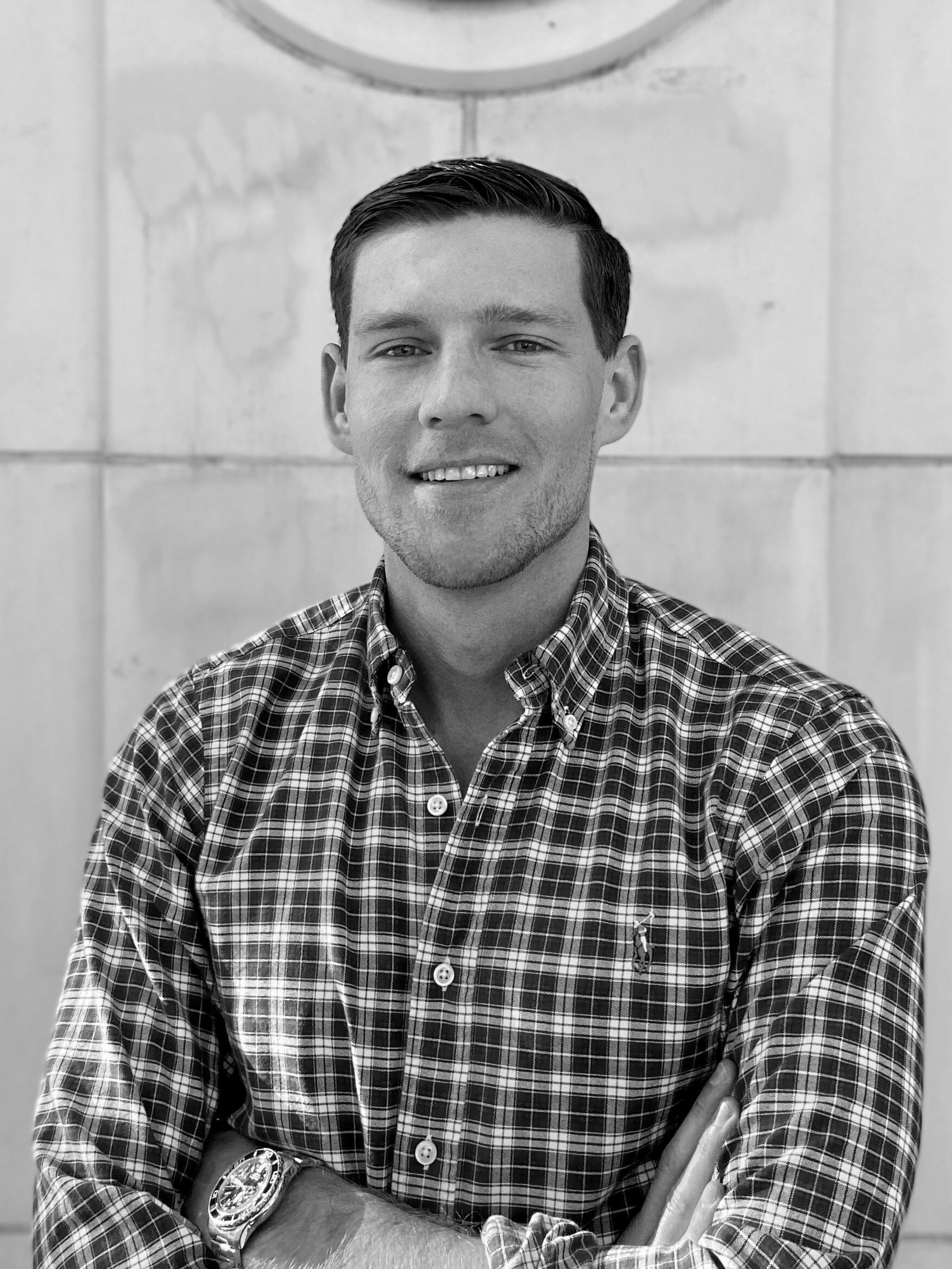Renaissance believes it is imperative for our staff to be involved in outside professional organizations – to stay abreast of industry-leading issues and increase the depth of our practice and expertise. Our staff’s professional affiliations span the American Institute of Certified Planners, the Institute of Transportation Engineers, the American Planning Association, the American Society of Landscape Architects, the American Institute of Architects, and Leadership in Energy and Environmental Design.
Kohl Malo, AICP
Kohl Malo, AICP, is a Renaissance Planner active in the planning community. For nearly two years, he has served as a Representative for the Student Representatives Council of the American Planning Association (APA). This past fall, Kohl was elected as Chair of the Students Representatives Council (SRC). In this capacity, he guides the regional representatives on the SRC to advocate for students, highlight the work of new planners, and level the playing field to create a more diverse future for planning.
Speaking on his new Council Chair role, Kohl explains, “The SRC as a few strategic initiatives I hope to see cross the finish line. One is to centralize all the great content produced for students into one online hub. We’re also planning better engagements with students of color, one example being a pilot for a central hub for resources dedicated to planning students of color. One of the main functions of the SRC is to inspire on-campus student groups to better engage with their student bodies and their respective communities. To that point, we’re producing better materials for on-campus leaders and holding leadership events with nationally recognized speakers.”
As part of his new role, Kohl recently attended the APA Board of Directors meeting in Phoenix, Arizona. The meeting prompted Kohl to reflect on the future of planning – and Renaissance’s role in shaping and advancing the profession. Enjoy Kohl’s astute, thoughtful insights below!
EMERGING TRENDS IN THE PLANNING WORLD
– by Kohl Malo, AICP
The world feels more chaotic than ever. The planning industry needs to grapple with several moving targets – climate change, virtual connectivity, equity – for us to create effective plans for communities in the future. Within this tumult, though, we can give rise to new opportunities to create more livable, vibrant, and diverse places for all.
At the Board of Directors Meeting, I learned about APA’s identification of upcoming themes of utmost importance and urgency to planners. Along with Lincoln Land Institute, APA developed the 2022 Trend Report for Planners, a remarkable toolkit for planners to understand “what’s trending” in the world. The report discusses over 100 dynamics likely to come into play in the planning professions. The document is freely accessible online.
Renaissance’s Relationship to Emerging Planning Trends
I was struck by how well-positioned Renaissance is to tackle some of the emerging trends flagged by APA. For instance:
Healthy Fair for the EPA Healthy Places, Healthy People Program
1. Local Food Systems Planning is highlighted in the report, with COVID-19 supply chain disruptions intensifying the dire needs for food security at a local level. Renaissance has worked with the EPA to develop the Local Foods, Local Places and later the Healthy Places for Healthy People program to increase community resiliency and food security with “quick hit” strategic plans that maximize return on community investment.
2. Decarbonization of Transportation is an entire chapter in the foresight report, as transportation remains the single-largest contributor to greenhouse gas emissions in the US. Renaissance leads the area of multimodal, accessibility-based planning techniques and strategies with projects like the data-driven Transit-Oriented Communities Tool, the design-focused Lowcountry Bus Rapid Transit Plan, and multifaceted plans for FDOT’s Planning Studio that address safer cycling and pedestrian paths, better freight operations, and corridor visioning that create greater accessibility in areas that have already been developed. We believe that our trademark integration of transportation and land use is the only true way to decarbonize the transportation sector.
Transit Oriented Communities Tool, Miami-Dade Transportation Planning Organization
3. Technological Innovations, particularly in transportation, are called out in the report as one of the places the planning profession has the least preparedness for in the future. But Renaissance is ahead of the curve, having developed a wide and deep skillset modeling innovative transportation systems for our clients. Renaissance Technical Director Alex Bell’s recent post on innovation in transportation analysis and trends illustrates our analytical and methodological competencies.
4. Green Buildings and Construction is cited in the report as one of the largest opportunities to reduce energy needs and greenhouse gas emissions. Recently, green building codes, new requirements for water efficiency, and densification have highlighted the need for efficient buildings and neighborhoods. While Renaissance is a planning-focused firm, our new team members are experienced in the green construction process – and their expertise will build depth into our urban design practice in turn. Kathy Galvin, FAIA a renowned architect, has decades of experience creating sustainable development. Jonathan Moore, AIA, NCARB another new hire, has nearly two decades of architectural-planning experience. Both Jonathan and I hold a Leadership in Environmental Design (LEED) credential that certifies building projects as environmentally conscious.
5. Economic Restructuring, precipitated by COVID, is intensifying the amount of commerce happening online. These changes are resulting in significant disruption for small business, retail work, and the service economy. Renaissance has been thinking about and responding to the national and local trends of COVID-19. Principal Dan Hardy recently presented on the subject for the Institute of Transportation Engineers, and Renaissance recently completed a COVID-19 economic adaption plan for small businesses in a historically auto-oriented section of Delaware.
A Human Scale
The 2022 Trend Report closes on the note that planning must have human skills. We must understand the complexity and singularity of every community in which we serve. Listening to and building trust with the public is essential to laying the foundation for more inclusionary, sustainable, and socially and economically viable places. With our extensive public engagement planning experience, Renaissance brings together planners, architects, engineers, and communicators to shape the best plans that respond to local needs and global trends.
While it might not be the sufficient condition, it is always necessary for planners to consider and try to grapple with the multiple emergent systems that plug into a “city that works.” Renaissance will continue our involvement and shaping of the planning profession. We are committed to use our range of expertise to keep up with the constantly changing world.




